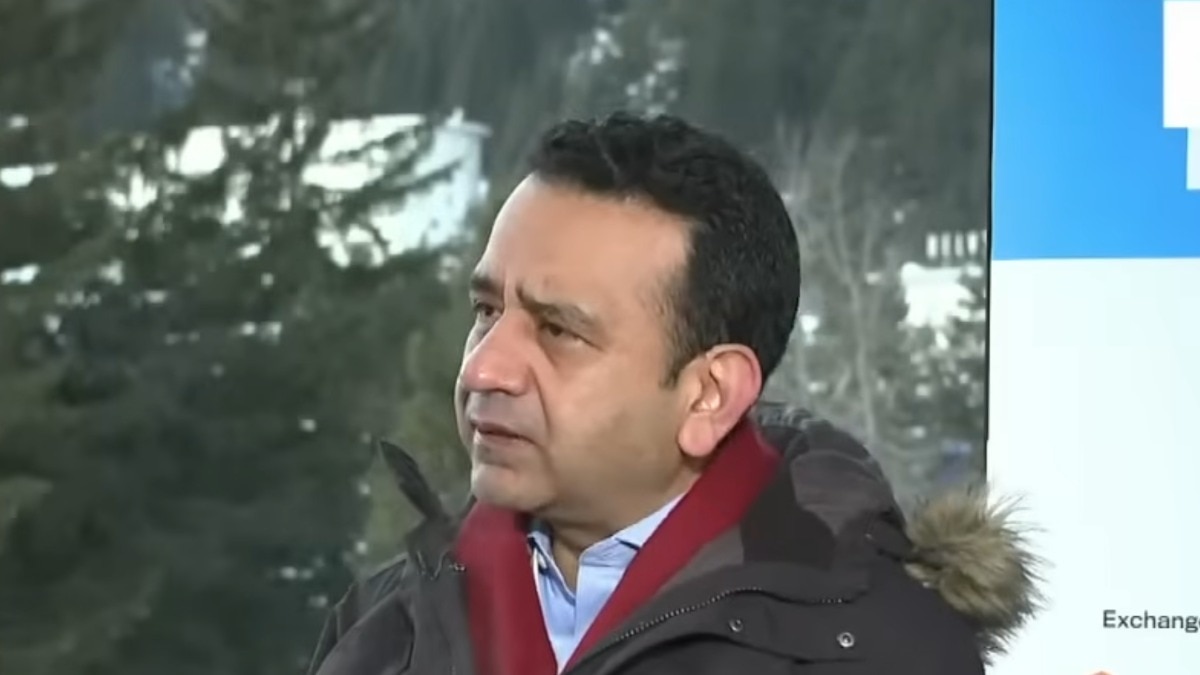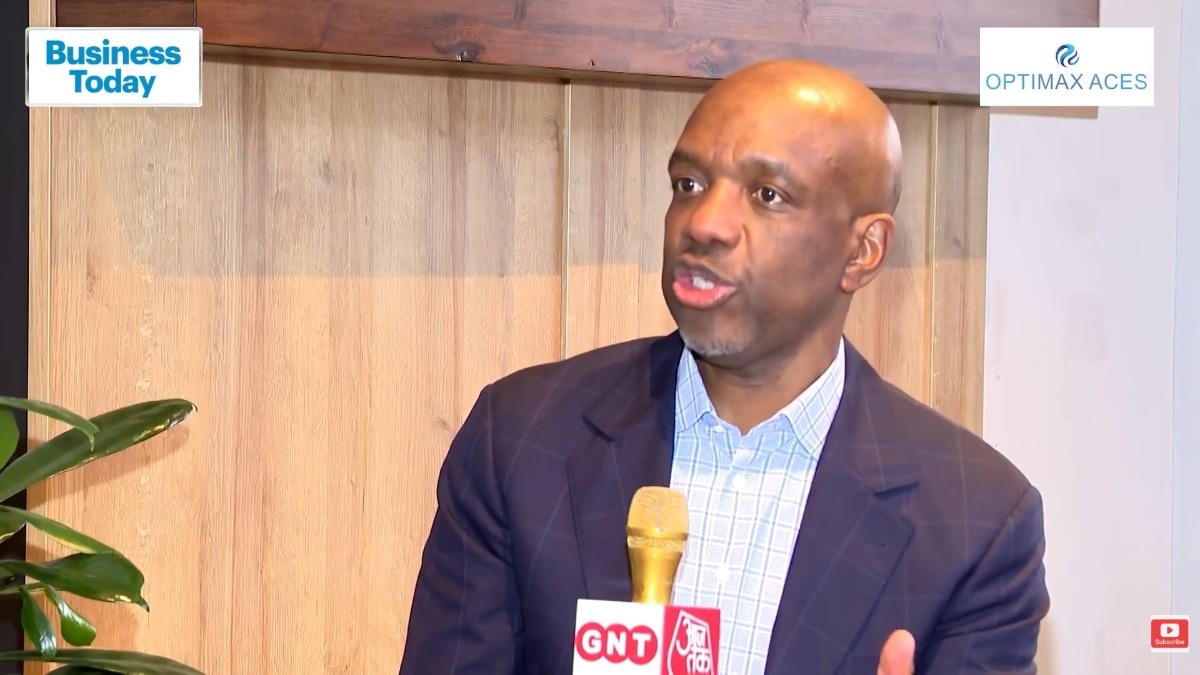Highlights
Vertical AI Startups: Revolutionising Enterprise Technology
Vertical AI is emerging as a promising frontier for Indian startups, focussing on applying artificial intelligence to specific sectors, even as large corporations approach the adoption of these innovations with caution.
Spotlight on Indian Vertical AI Founders
The recently released VIBE50 report highlights 50 promising vertical AI startups founded by Indian entrepreneurs. These companies are addressing intricate, industry-specific challenges across twelve key sectors, including healthcare, manufacturing, financial services, and logistics. Specialised solutions provided by these startups are designed to integrate AI seamlessly into business processes.
A Shift in Enterprise Tech Focus
As enterprises worldwide evolve, there is a notable shift from broad, horizontal AI tools toward targeted systems that are expected to yield measurable results. The report emphasises that the next significant financial successes in AI will stem from companies dedicated to solving genuine workflow challenges in particular industries rather than from general-purpose platforms.
The Challenge of Adoption
However, converting the potential of vertical AI into widespread enterprise implementation poses significant hurdles, as noted by venture capitalists investing in these startups.
Thiyagarajan Maruthavanan, co-founder of Upekkha, an AI accelerator for global Indian founders, remarked that even enterprises in the US are proceeding slowly with AI adoption. He indicated that deploying AI involving collaboration among multiple individuals remains a drawn-out process.
The “Pilot-to-Production” Gap
A significant challenge is what Maruthavanan refers to as the “pilot-to-production” gap. Despite strong enthusiasm for AI at the executive level, nearly 90% of enterprise AI initiatives falter before reaching full production.
Moreover, enterprises are exhibiting a cautious wait-and-see approach as AI technology evolves swiftly. Many companies are opting to postpone decisions, hoping for new advancements in the next six months. They possess the budgets and excitement yet exercise restraint.
Deep Engagement with Clients
For AI startups, this cautious sentiment implies that they cannot merely sell software products and expect clients to utilise them effectively. Rather, they are compelled to engage deeply with their clients’ operations.
Prasanna Krishnamoorthy, Managing Partner at Upekkha, noted that founders can no longer build technology and pass it off without further engagement.
Transforming the SaaS Model
This shift is fundamentally altering the traditional Software-as-a-Service model. In conventional SaaS, software providers would deliver tools, leaving customer adoption and impact to the discretion of the users. In the realm of AI, startups are now expected to ensure their technology translates into definitive business benefits.
Investor Perspectives on Vertical AI
These evolving dynamics are also affecting how investors approach funding opportunities in vertical AI startups.
After the launch of ChatGPT, there was considerable uncertainty surrounding investment in SaaS and applications due to the ambiguity over the impact of AI on the business landscape. Shekhar Nair, co-founder and Managing Partner at Upekkha, explained that there is now increasing clarity regarding vertical and domain-focused AI applications, prompting cautious investor interest to return.
The Importance of Differentiation
Nair emphasised that while investors are beginning to re-engage, they are eager to understand how startups will maintain a competitive edge if others develop similar technologies. Differentiation and defensibility are essential considerations.
Looking Ahead: The Future of Vertical AI
Maruthavanan anticipates that the upcoming years will usher in transformative moments for vertical AI, where breakthroughs in various sectors will open up substantial new markets. He asserts that the pivotal moment for developer AI occurred in 2023, and he believes vertical AI is set for similar milestones within the next one to three years.
India is in a prime position to seize this opportunity, thanks to its extensive pool of engineering talent, cost-effective research and development, and experience in cross-border go-to-market strategies. Upekkha has already made several pre-seed investments in vertical AI startups to assist them in navigating this developing landscape.
Ultimately, while India’s vertical AI startups are on the brink of achieving global influence, the widespread adoption within enterprises remains contingent on closing the divide between technical capabilities and practical business outcomes—a challenge that both founders and investors are eager to address.







